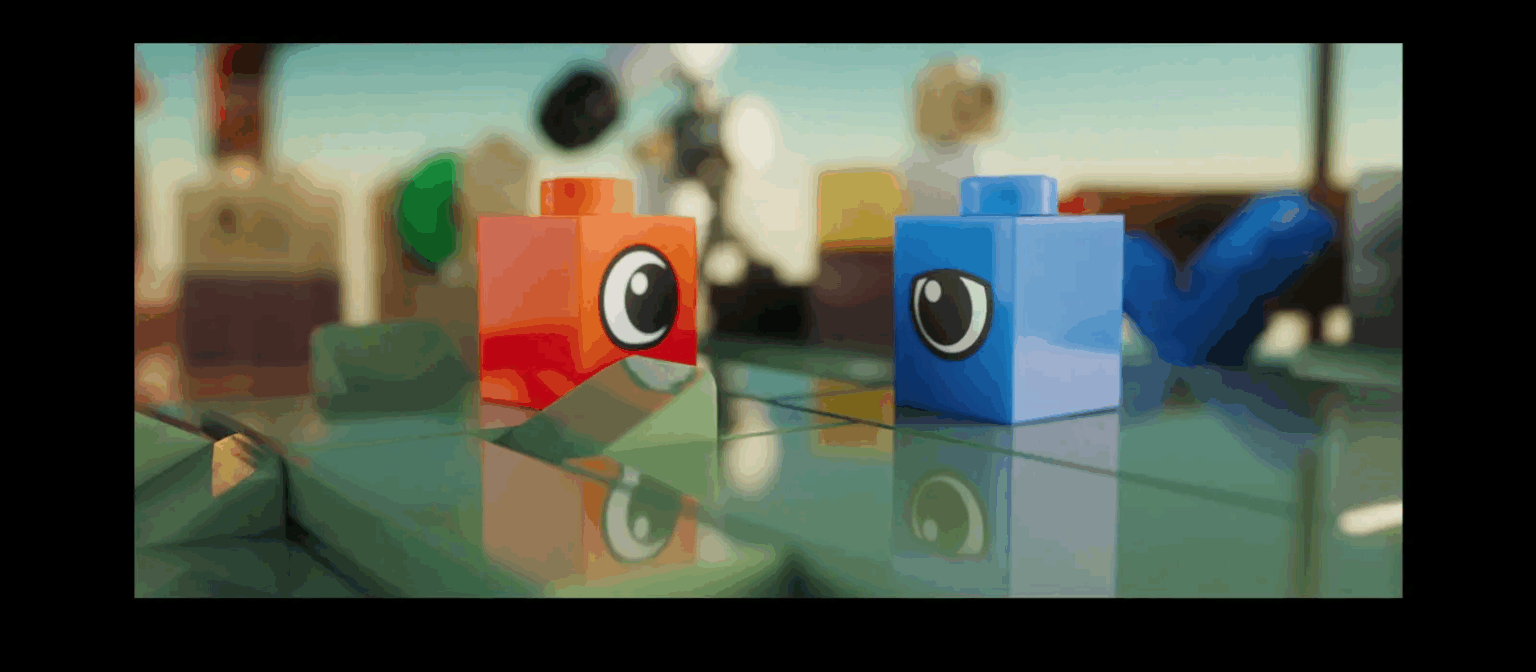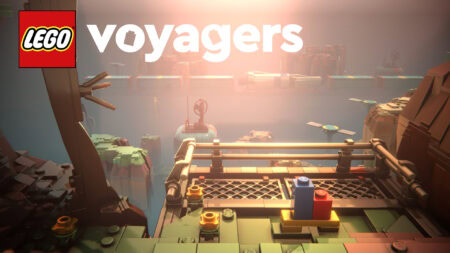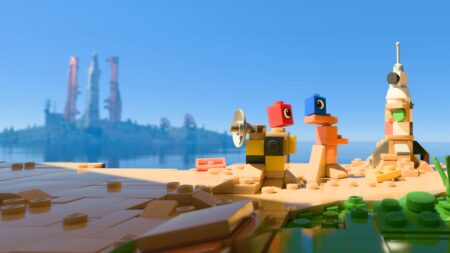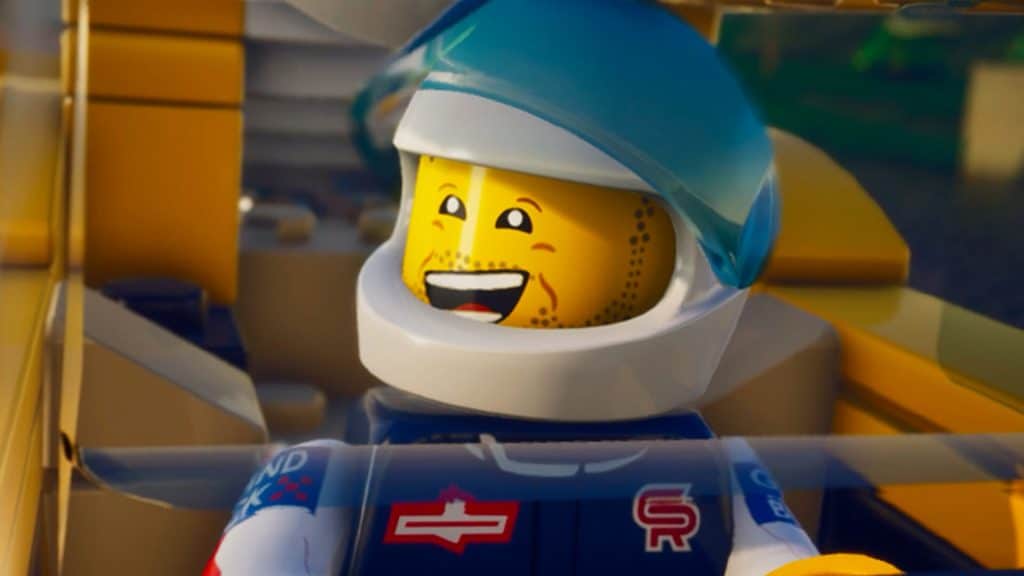I grew up enjoying LEGO bricks, the kind that left you sitting on the floor for hours building castles, ships, or strange creations that only made sense in your own head. That love of building naturally carried over to the LEGO games I played later. Among my favorites were the Harry Potter and Star Wars series, games that combined humor with familiar stories and let me smash bricks to my heart’s content. They were playful, charming, and full of personality. They felt like comfort food.
LEGO has been part of gaming for more than two decades. From LEGO Island in the late 90s to the breakout success of LEGO Star Wars in 2005, the brand has built a reputation for lighthearted licensed adventures. These games were funny, packed with collectibles, and always leaned on familiar stories. For many players, myself included, titles like LEGO Harry Potter were playful retellings of stories we already loved.
That long tradition makes LEGO Voyagers stand out even more. Developed by Light Brick Studio and published by Annapurna Interactive, it doesn’t chase comedy or retell a famous story. Instead, it pares everything down to a quiet journey between two travelers. There is no dialogue, no cutscene explaining what is happening, no tutorial holding your hand. The world is built entirely of LEGO bricks, but the meaning comes from how you interpret it.
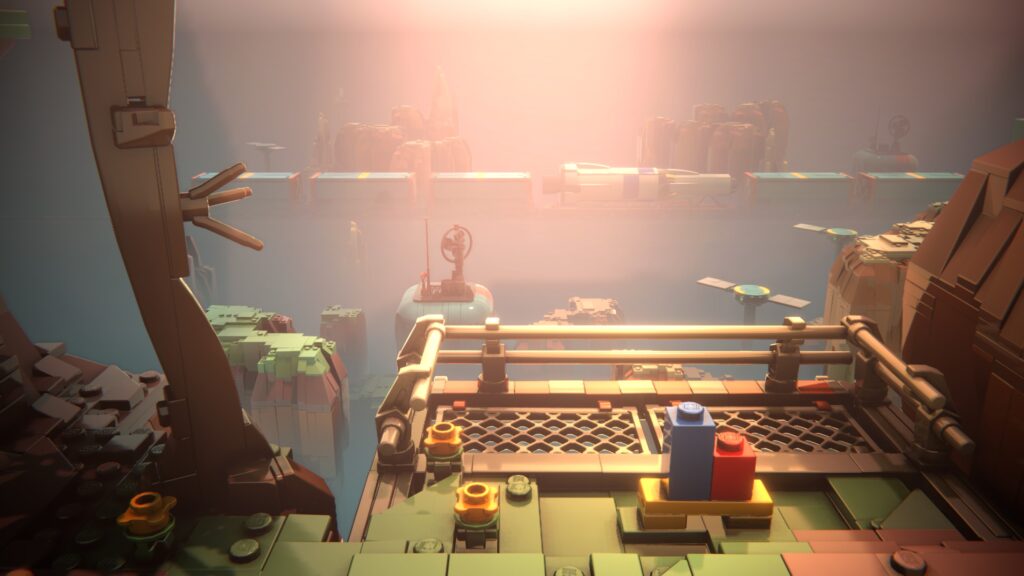
That’s why LEGO Voyagers feels so different. There are no licensed characters, no jokes about wookies or wands. It drops you into a quiet world with two travelers and asks you to figure it out yourself. No dialogue. No instructions. Just movement, puzzles, and music that does the talking.
It doesn’t feel like the LEGO games I knew growing up. It feels closer to something like Journey. Slower, quieter, more open to interpretation. At first, I kept waiting for the humor to kick in, but it never came. Instead, I found myself drawn into the silence, listening for meaning in the spaces between the bricks.
Playing it with my daughter drove this home. She’s nine, sharp, and doesn’t let games off the hook. We sat down together and, within minutes, she pointed out how different it felt compared to the LEGO games she knew. No flashy tutorials, no big arrows telling us where to go. Just the two of us fumbling forward, figuring out puzzles as we went.

And the puzzles hit differently here. In the old LEGO games, the puzzles were light distractions, something to break up the collecting. In Voyagers, they matter more. They can frustrate when the solutions feel vague, but when you crack one together, it’s memorable. I think that’s the point: it’s less about the answer and more about how you get there.
The lack of dialogue forces you to project your own meaning. My daughter thought it was about friendship. I saw it as survival, resilience, two travelers helping each other through a strange place. Both of us were right, and neither of us needed the game to spell it out.
Music fills in the rest. It swells when you succeed, quiets down when you explore, and sometimes drops out entirely when you linger too long. That silence can add pressure, turning a tough puzzle into something heavier. And then there’s the X button, which makes your character sing. My daughter pressed it constantly, and it became our little ritual. A way of saying, “Something’s about to happen.” And often it did.
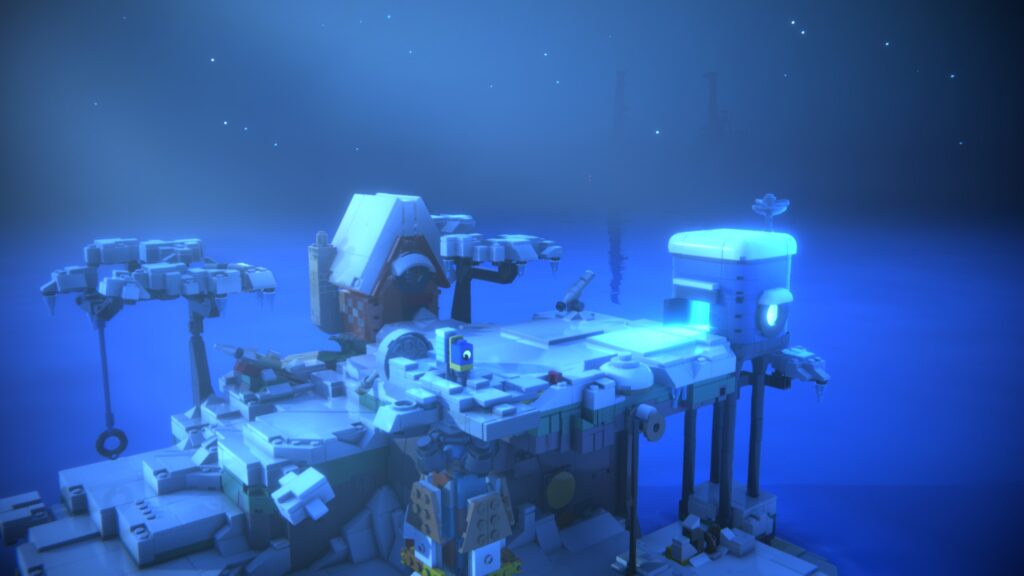
Looking back at LEGO’s history, this is a big shift. For years the games leaned on licensed humor. They were safe, family-friendly titles that worked because of familiar stories. Voyagers takes a risk. It asks players to slow down, to feel instead of laugh. To me, that makes it one of the most emotional LEGO games ever made.
It also reflects how co-op games have evolved. It Takes Two showed how puzzle-driven co-op can move beyond gimmicks, becoming a way for players to communicate and strengthen bonds. LEGO Voyagers takes that lesson and applies it through LEGO’s own language of building and discovery. Instead of comfort through parody, it gives you uncertainty and interpretation.
That is why I believe LEGO Voyagers might be the most emotional LEGO game ever made. It doesn’t throw away what makes LEGO special. It channels it differently, focusing on mood, music, and connection instead of slapstick and spectacle.
For players used to the traditional LEGO formula, it may come as a surprise. But in many ways, it feels like the natural next step. LEGO has always been about imagination, about making meaning from simple pieces, about building stories together. Voyagers captures that spirit in a way that feels smaller, but also deeper.
If you want the detailed breakdown of how it plays and performs, you can read my full LEGO Voyagers review.



